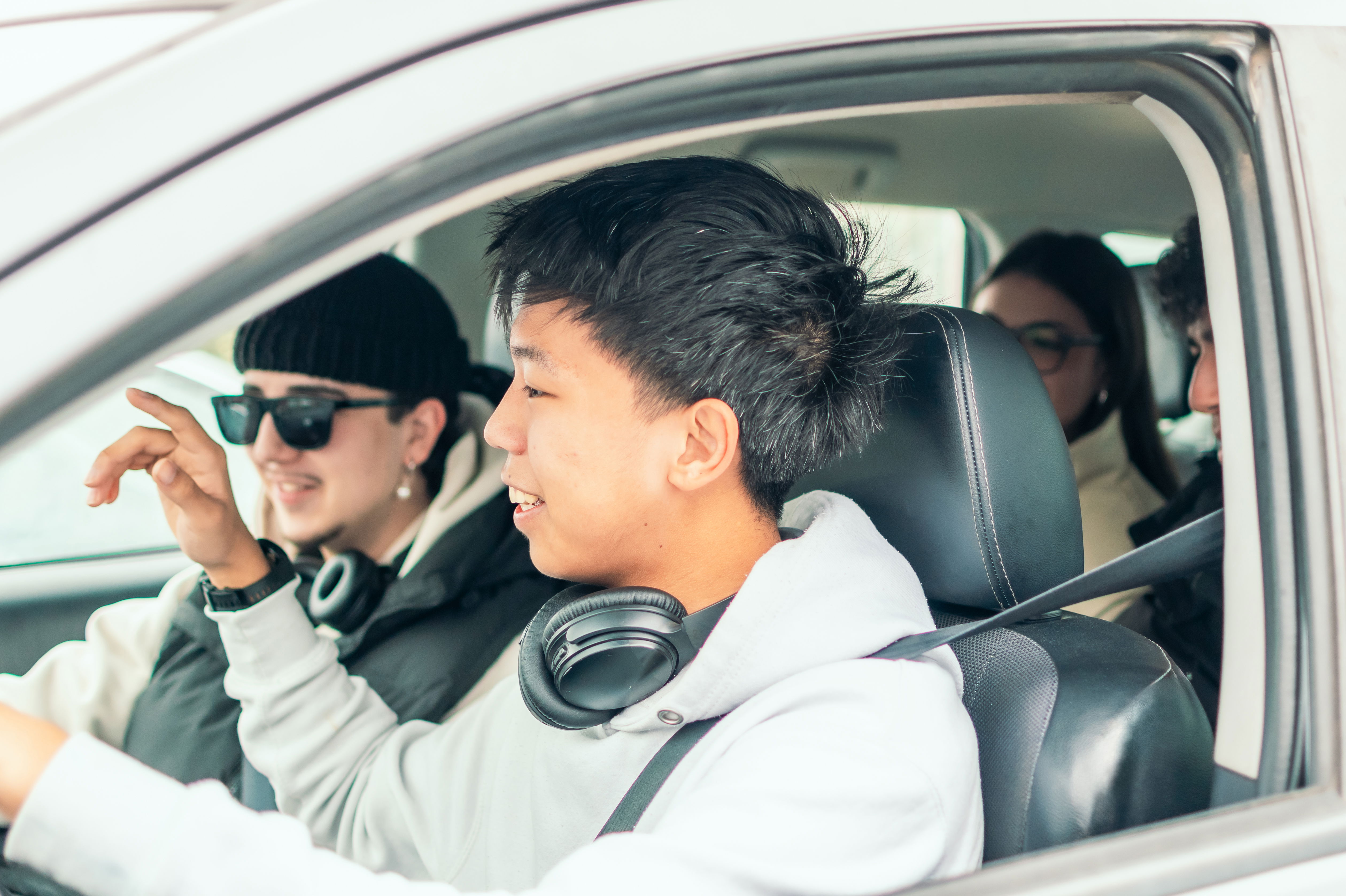As of July 1, 2025, Tennessee enacted a new law that allows courts to suspend a teen’s driver’s license for up to one year if they are found guilty of bullying or cyberbullying in juvenile court.
Here are the key details:
Who it affects: Minors under 18 adjudicated delinquent for bullying or cyberbullying.
Penalty: Suspension of existing driving privileges or delay in obtaining a license for 12 months.
Exceptions: Teens may apply for a restricted license (within 10 days of the court decision) to drive to school, work, or church, but not to social or extracurricular activities.
Application fee: $20 for the restricted license. Purpose: Lawmakers hope this will act as a deterrent and raise awareness about the serious consequences of bullying.
It’s one of the first laws of its kind in the U.S., and it’s already sparking conversations about balancing punishment with support for teens.
Driving Privilege Meets Accountability

In a bold move to curb youth harassment, Tennessee has rolled out a groundbreaking law that allows the state to suspend the driver’s licenses of teens found guilty of bullying or cyberbullying. The law, which took effect on July 1, 2025, positions Tennessee at the forefront of a nationwide debate on how to address escalating incidents of teen bullying with meaningful consequences.
Under the new statute, juveniles adjudicated delinquent for acts of bullying or online harassment can lose their license—or have the ability to obtain one—for up to 12 months. This penalty applies to teens under the age of 18 who have been found guilty in juvenile court. While some see this as a strong deterrent, others argue that the law raises questions about the balance between punishment and rehabilitation.
"This law sends a clear message that bullying—whether it happens in school hallways or behind a screen—has serious real-world consequences,” said State Representative Mark White, one of the bill’s sponsors. “Driving is a privilege, and we’re using that privilege to reinforce the gravity of this issue.”

According to state officials, teens whose licenses are suspended can apply for a restricted license within 10 days of the court’s decision. This special permit would allow limited driving to school, work, or religious services—but not extracurricular activities or social events. The restricted license comes with a $20 application fee and must be approved by the court.
The new measure builds on Tennessee’s 2014 law that criminalized certain forms of cyberbullying. But this latest legislation is the first in the state—and one of the few in the U.S.—to directly tie bullying offenses to driving privileges. Lawmakers hope it serves not only as a deterrent but as a tool for early intervention.
Support vs. Punishment: A Divided Response

Critics of the policy caution that punishing teens by restricting mobility may have unintended consequences.
“Bullying is often a sign of deeper issues—trauma, insecurity, or learned behavior,” said Dr. Lisa Morton, a child psychologist based in Nashville. “We need to ensure these young people are also receiving the support and education they need, not just punitive measures.”
Still, many schools across the state have expressed support, emphasizing that traditional disciplinary methods haven’t been enough. Administrators report that digital harassment in particular—anonymous messages, social media posts, and private group chats—has made it harder to track and punish harmful behavior.
Watching the Ripple Effect
Parents, too, are divided.

“If taking the car keys away gets them to think twice before tormenting someone, I’m all for it,” said Jennifer Carter, a parent in Memphis. “But I also want to know they’re being educated, not just penalized.”
As Tennessee implements the law, other states are watching closely. Depending on its impact, this initiative could signal a shift toward more unconventional, high-stakes consequences in the ongoing fight to protect students from harassment—and hold perpetrators accountable.